Enel X
Engineering for e-mobility infrastructures
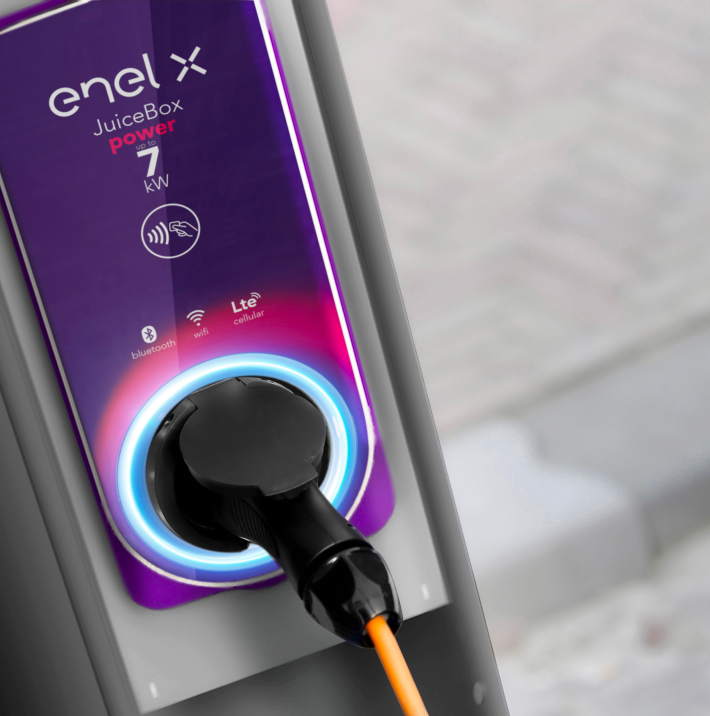
Enel X, an energy company, wanted to expand its operations on the e-mobility market. They tasked us with engineering their new, iconic charging units designed by Koz Susani Design for both B2B and B2C markets, bringing them to mass production.
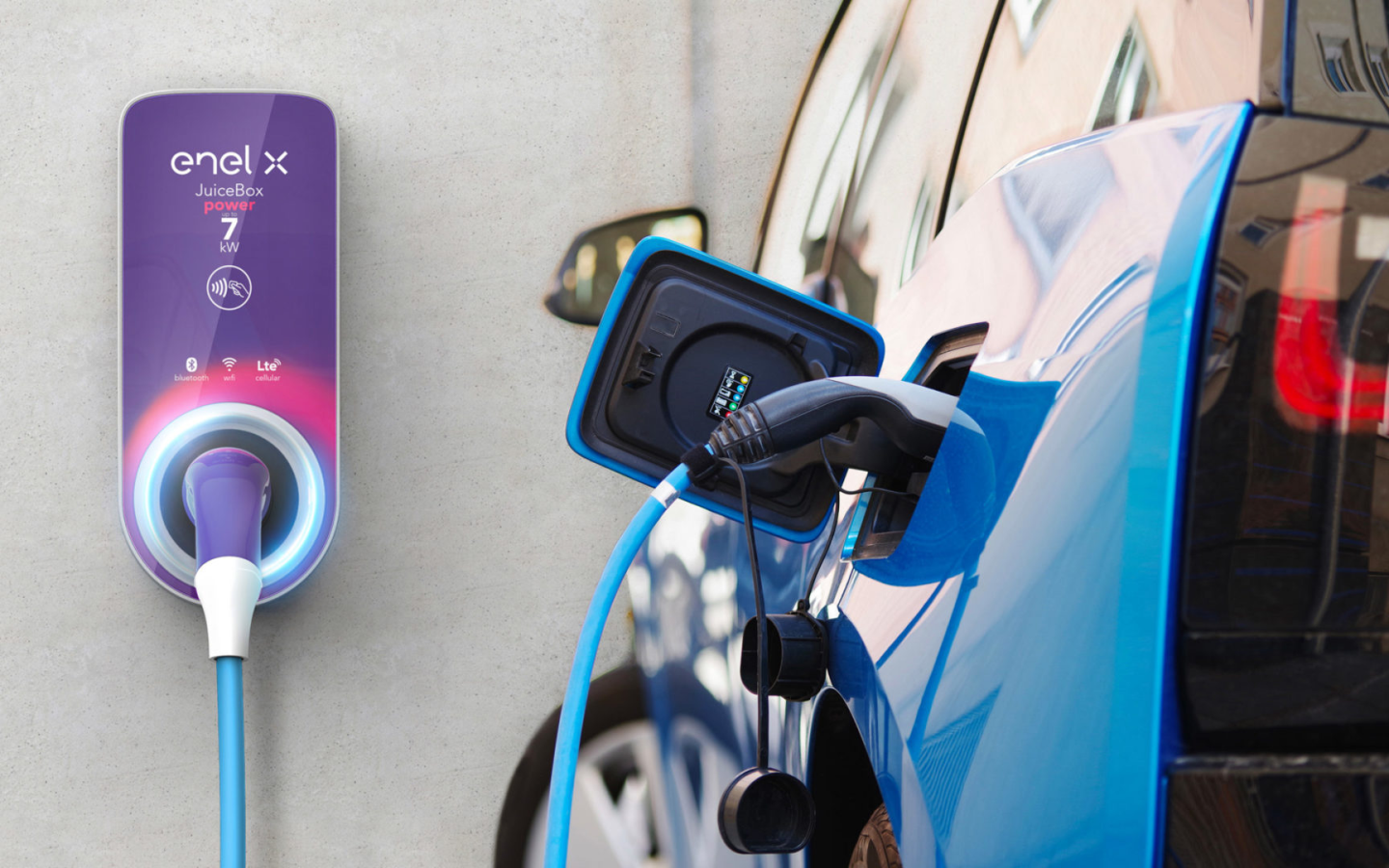
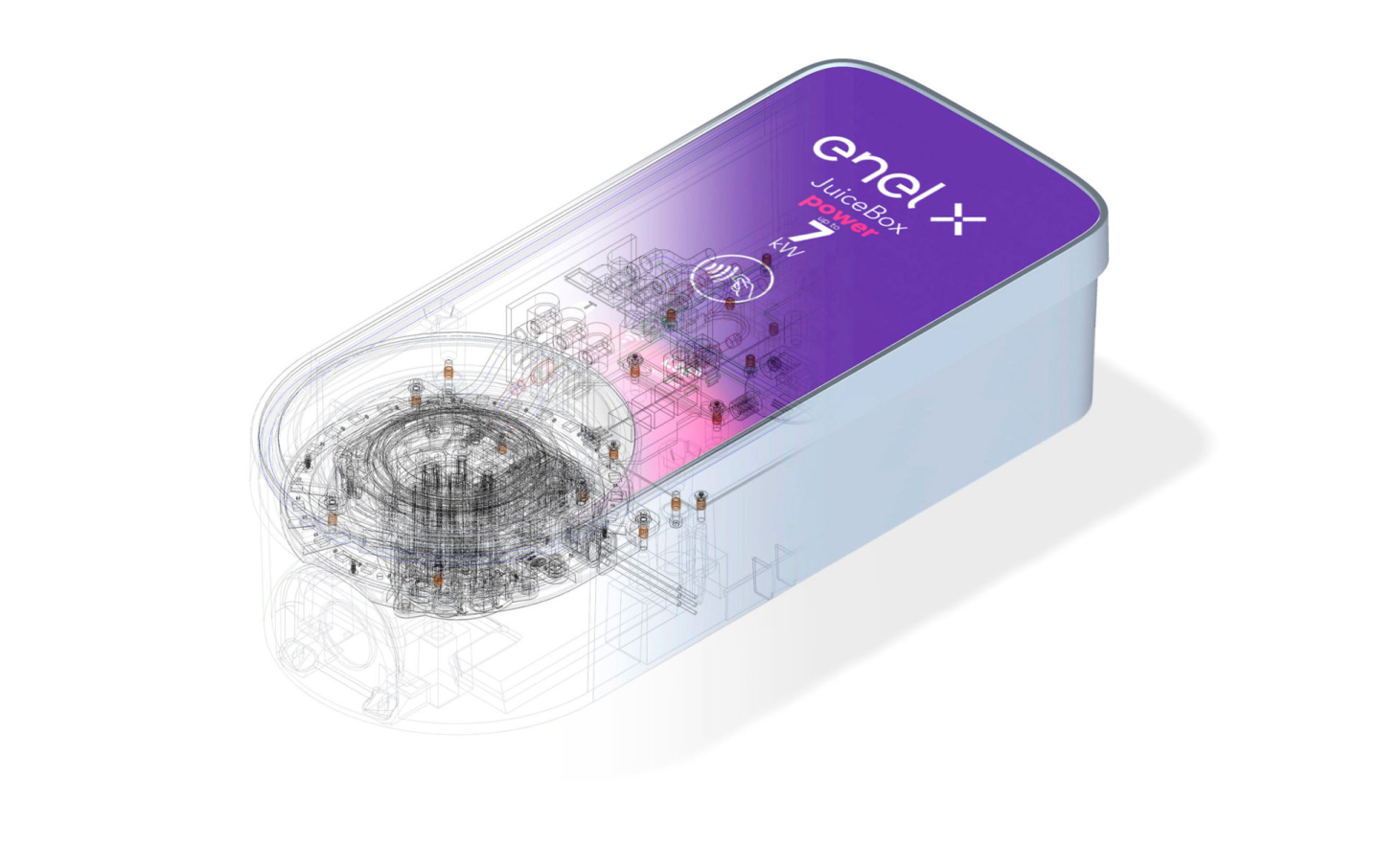
This project defined a clear line before and after the mobility transformation. With it, Enel X set out to enter the sector by creating the basis of future infrastructure, and we’re proud to have contributed to it.
Roberto Beretta
Engineering Director
Mechanical engineering that exceeds complex requirements
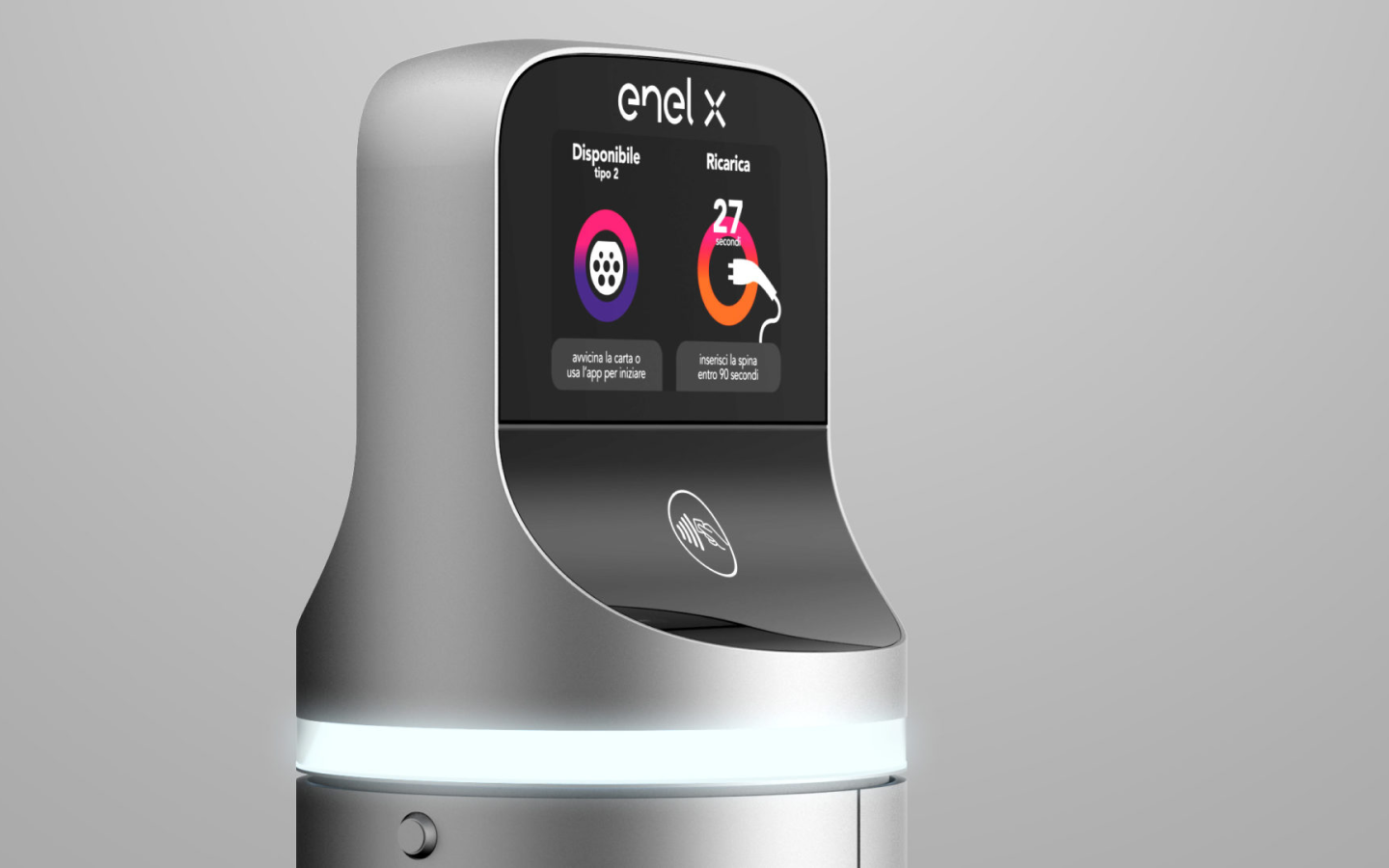
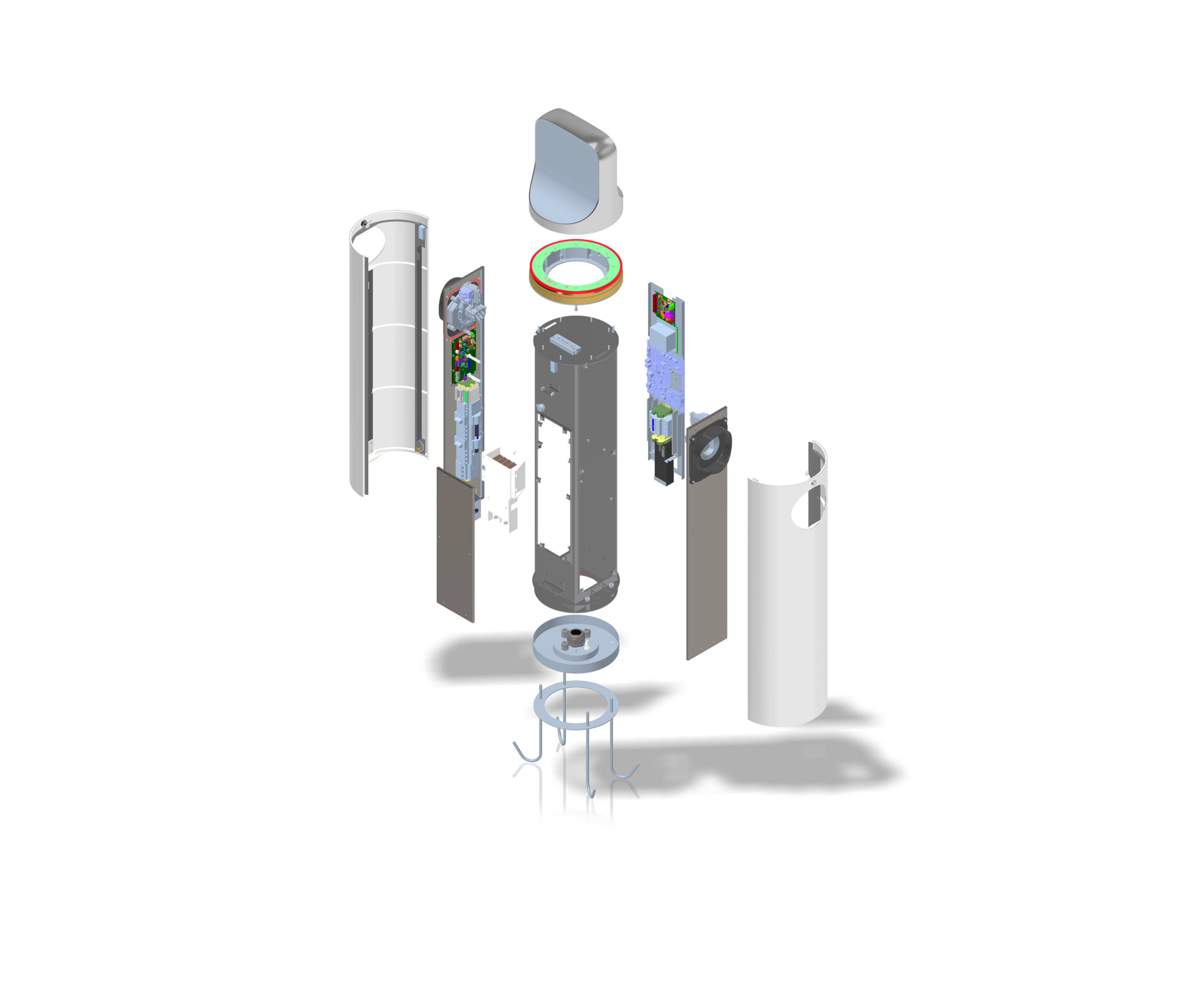
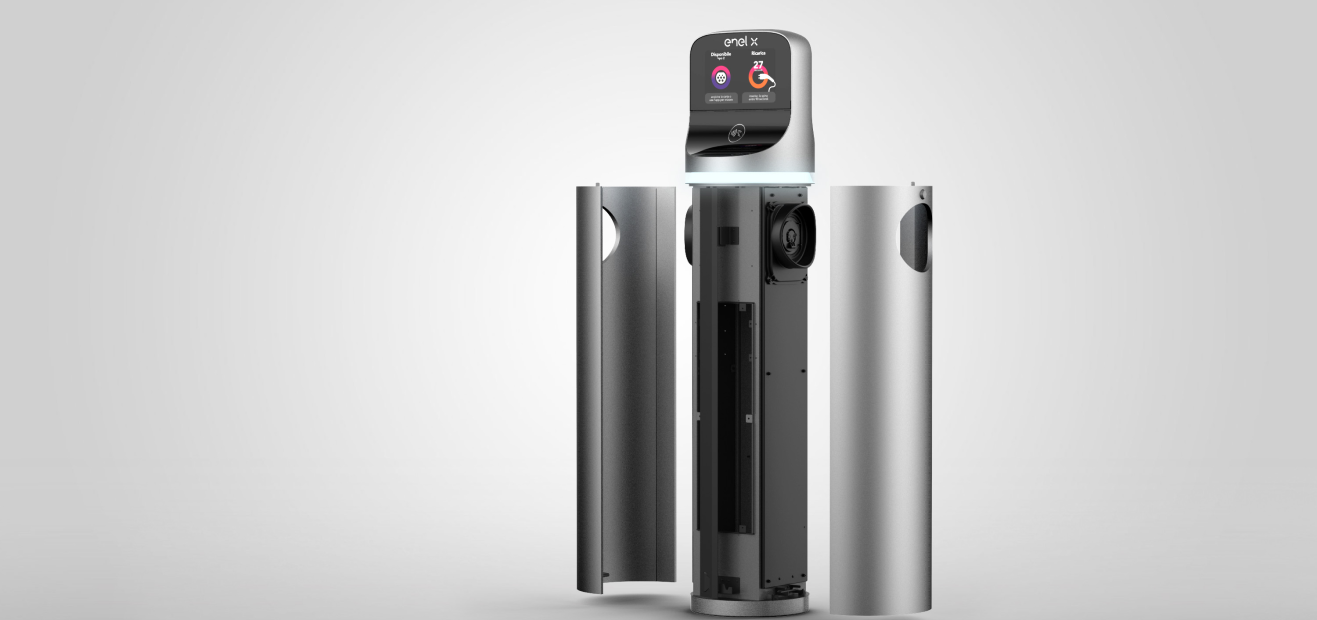
The charging stations offered a combination of challenges regarding mechanics and shape. Our work also needed to meet a complex set of industry requirements.
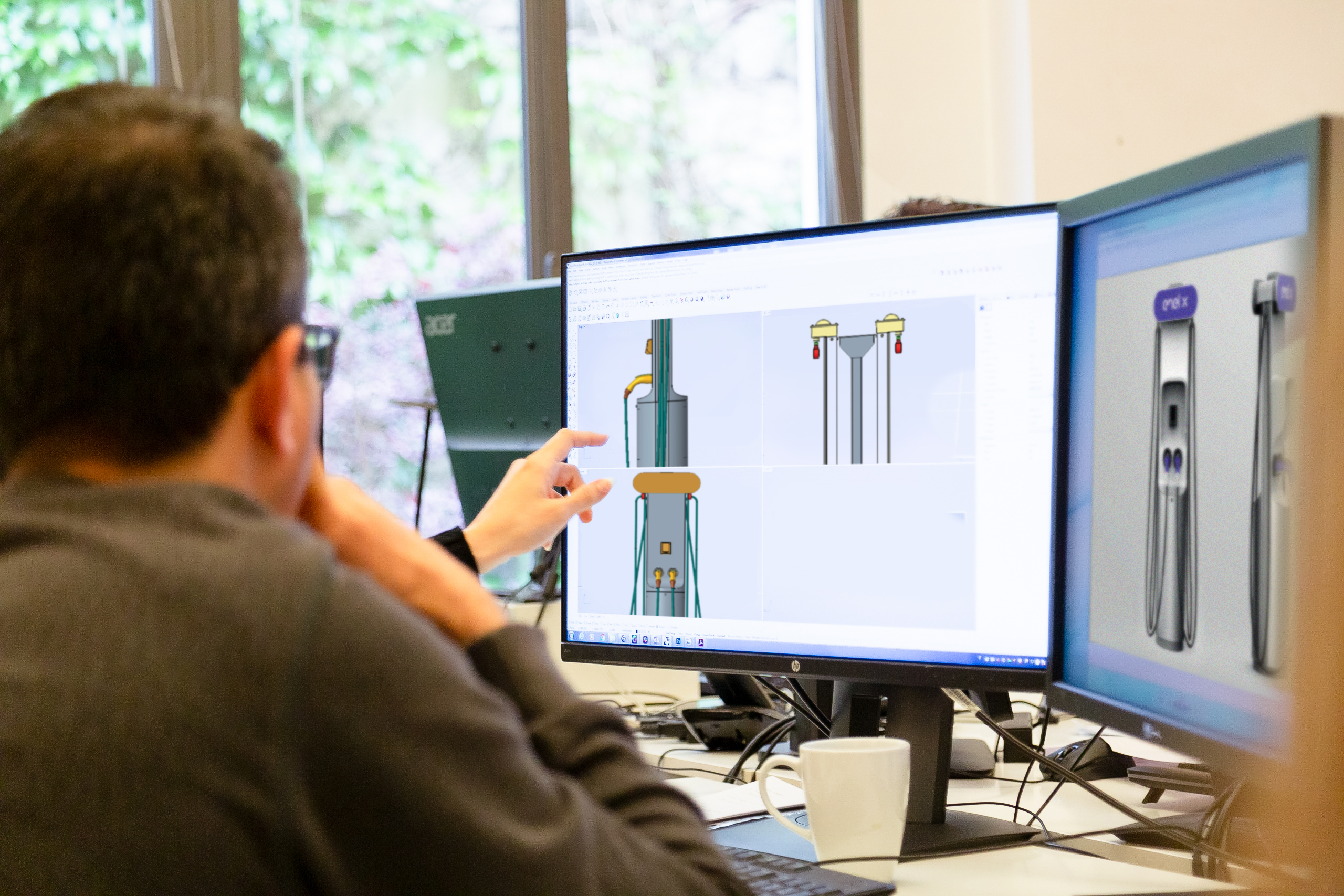
About the project
Client
Enel X
Year
2019
Expertise
Industry